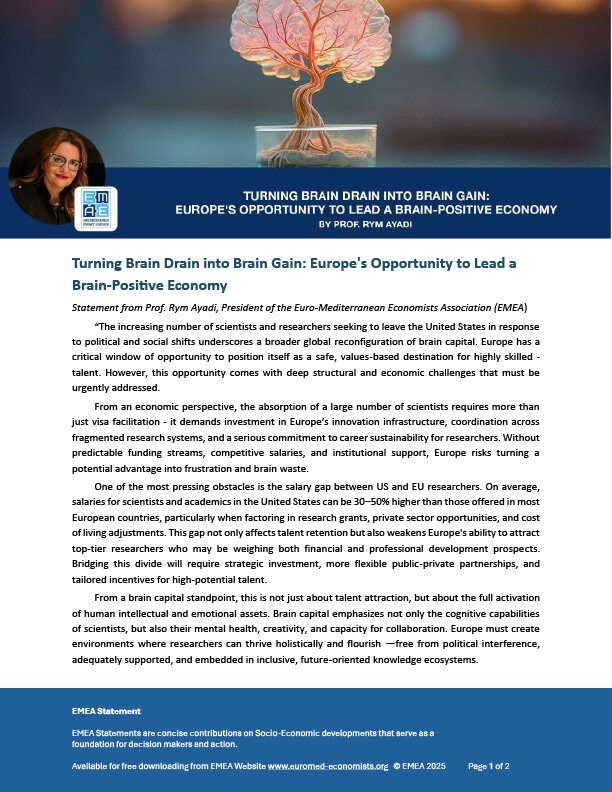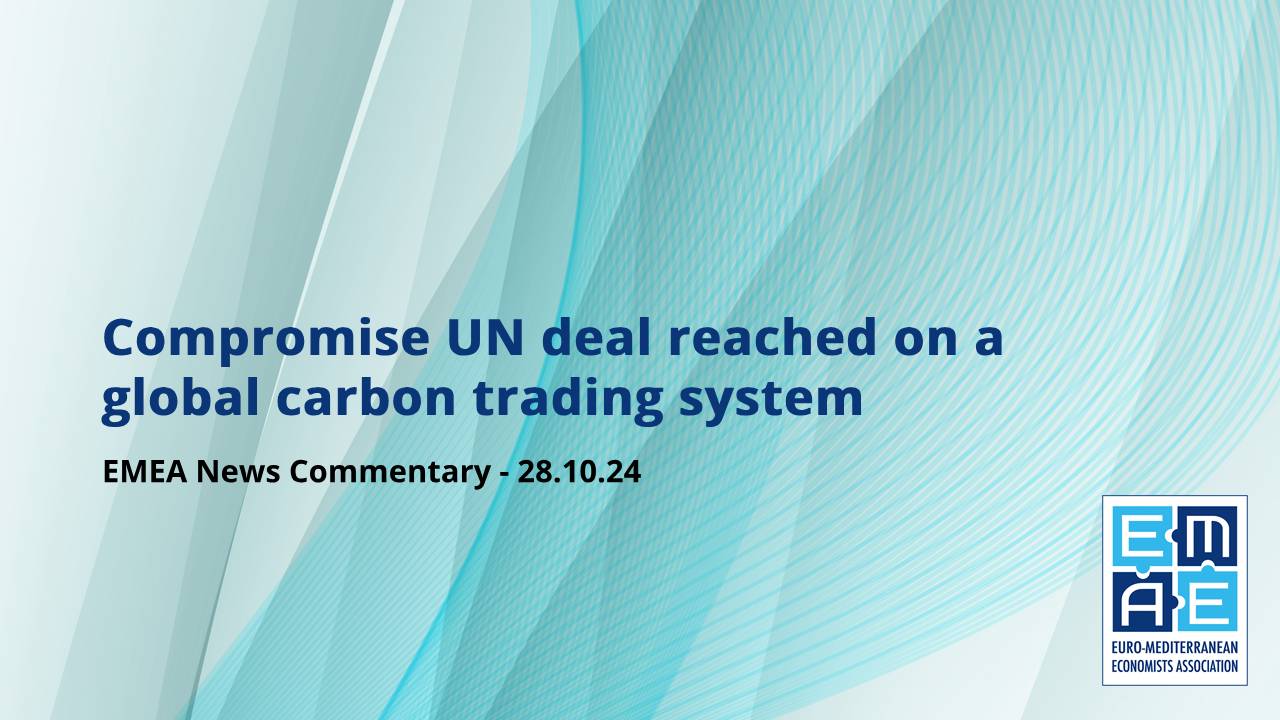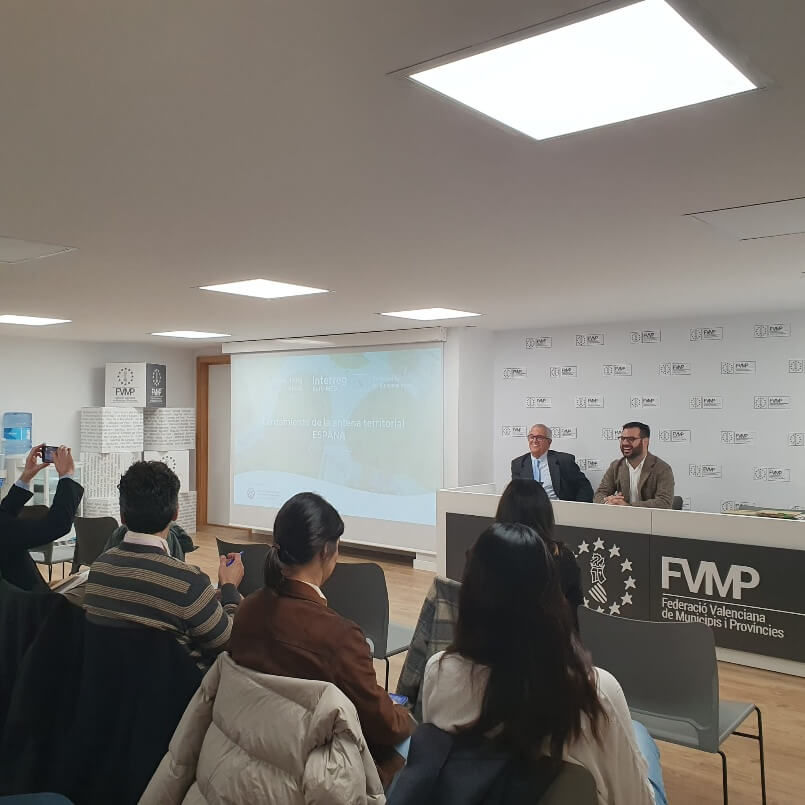After a decade of talks on how to structure a global carbon trading system, a compromise deal is said to have finally been reached by a UN expert group – ahead of what is hoped will lead to full ratification at the forthcoming COP29 climate summit.
Carbon trading has long been regarded as a key element in raising climate finance – first outlined within the 2015 Paris Agreement – and is set to be amongst the top negotiating priorities at the Azerbaijan-hosted event.
As reported in the Financial Times, the 12-strong UN group who reached agreement, included representation from jurisdictions traditionally at loggerheads over climate policy, like the EU and Saudi Arabia.
According to Eve Tamme, managing director of advisory group Climate Principles, the usual protagonists had chosen to “go beyond their formal mandate and establish standards by themselves.” She said the framework’s “unilateral adoption” had set in motion a “basically operational” global carbon market – although countries still had to formally agree to the deal at the summit.
The FT outlined that the agreed deal would, in principle, allow governments to count emission cuts achieved by other countries as being part of their own climate targets. This would be possible by trading instruments that represented the removal of one tonne of carbon dioxide or an equivalent amount saved from the atmosphere.
The paper said there had been “major sticking points” between jurisdictions before the deal was reached. These included differing views from the US and the EU over the monitoring and definition of what counted as carbon “removal”. Carbon credit sales would go towards funding climate adaptation projects in poorer nations.
Unintended consequences
There were still a number of outstanding issues to be negotiated concerning what types of carbon removal and reduction would be permitted.
The deal could have actually “the unintended consequence of allowing oil-producing nations to avoid their responsibility to phase out fossil fuels or make cuts in their industrial emissions,” the paper noted.
Although the UN body declared that its aim was to create an agile mechanism, current group member and former chair, Olga Gassan-Zade, said she had “huge reservations” about the decision to accelerate the process. She complained that elements of the deal had been created “on the fly” during a break in talks. This included providing a buffer pool of credits, akin to an insurance policy for a carbon trading system.
The FT reported that external observers were also warning that the trading scheme lacked “clarity and integrity.”
Jonathan Crook, from the Carbon Market Watch campaign group and a UN climate change observer, believed that the provisos around the monitoring of credits that were at risk of “reversal” were not robust enough, such as wildfires releasing stored carbon from trees.
Although countries were being put under pressure to approve the deal at COP29, Crook reckoned there was “no 100 per cent guarantee” that this would happen.
According to the International Emissions Trading Association (IETA), the body that represents carbon traders, countries had already struck “dozens of tentative agreements to trade carbon” – despite there being no formal agreement for bilateral carbon deals between governments under article 6.2 of the Paris Agreement.
Nevertheless, the unregulated carbon trading market, currently worth an estimated $1bn a year, could mature from its current “optimistic, altruistic and aspirational” state – if there was approval of the UN framework at Baku, predicted Luke Oliver, head of climate investments at specialist asset manager KraneShares.
Aside from the carbon talks, the FT said that there were no great expectations that the Azerbaijan summit would lead to any ground-breaking agreement on other ways to provide climate funding for developing countries. Nor was there any indication of accord over the phasing out of fossil fuels.
Following the latest round of pre-Summit ministerial discussions in Baku, one delegate said that individual countries were sticking to their deep-rooted positions, with clashes “over the basic matters of who should pay, how much the goal should be and how funds would be distributed.”
As for the carbon market deal, in theory, countries might yet discard the UN body’s framework and opt, instead, for a centralised international trading system for companies and countries, under Article 6.4 of the Paris Agreement.
UN carbon trading expert group agrees deal on market framework (ft.com)





